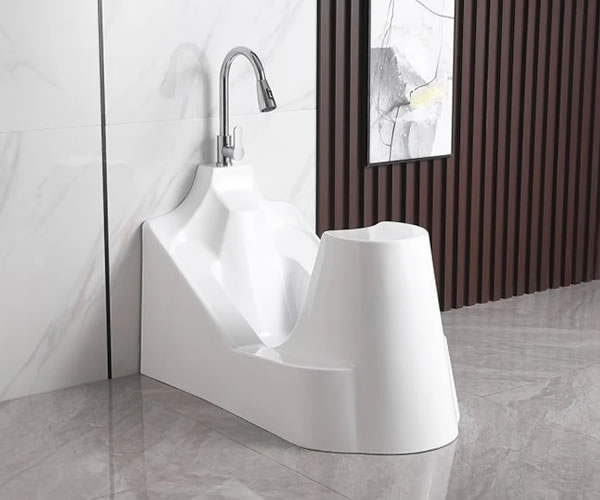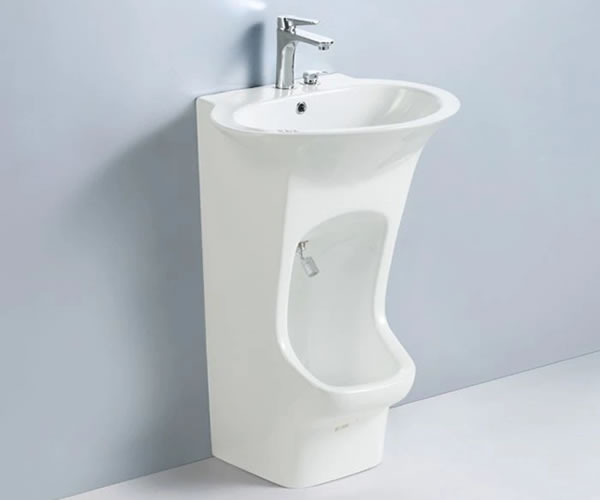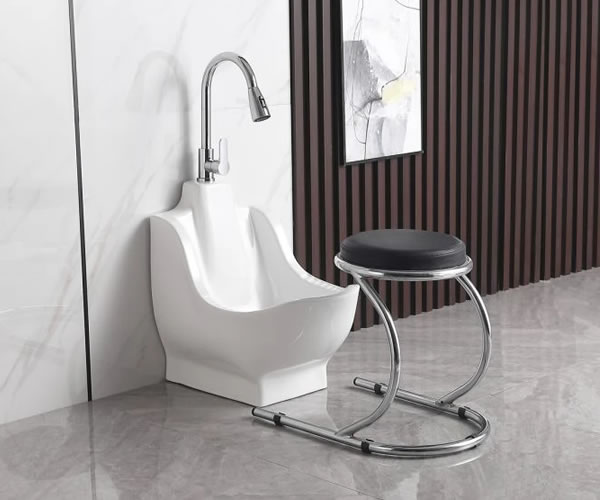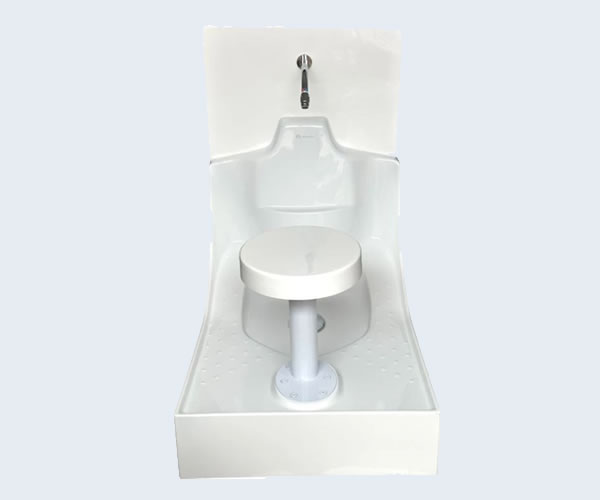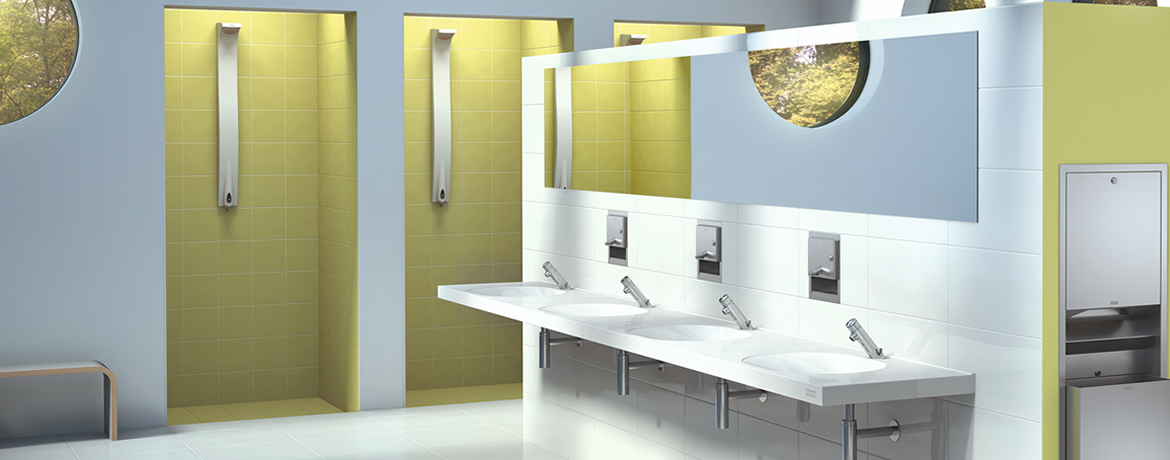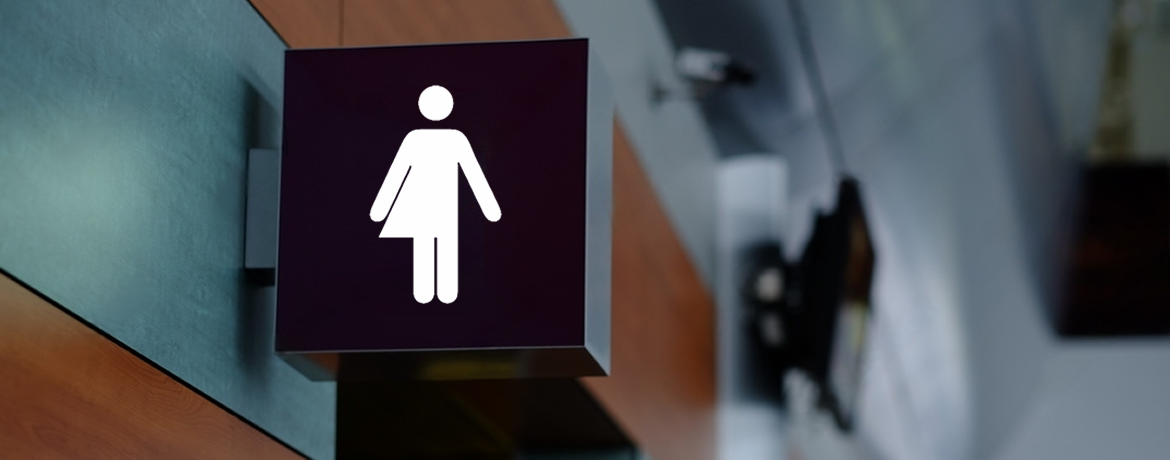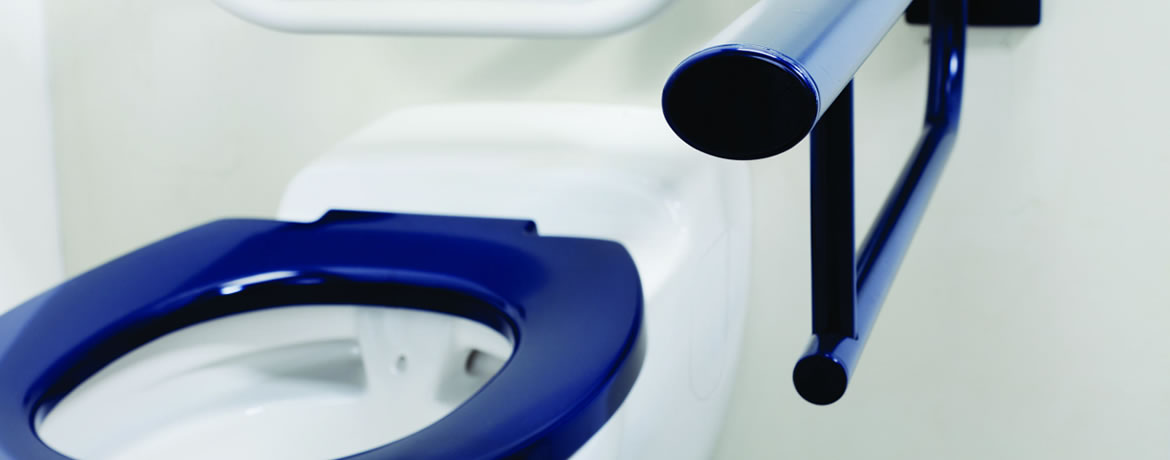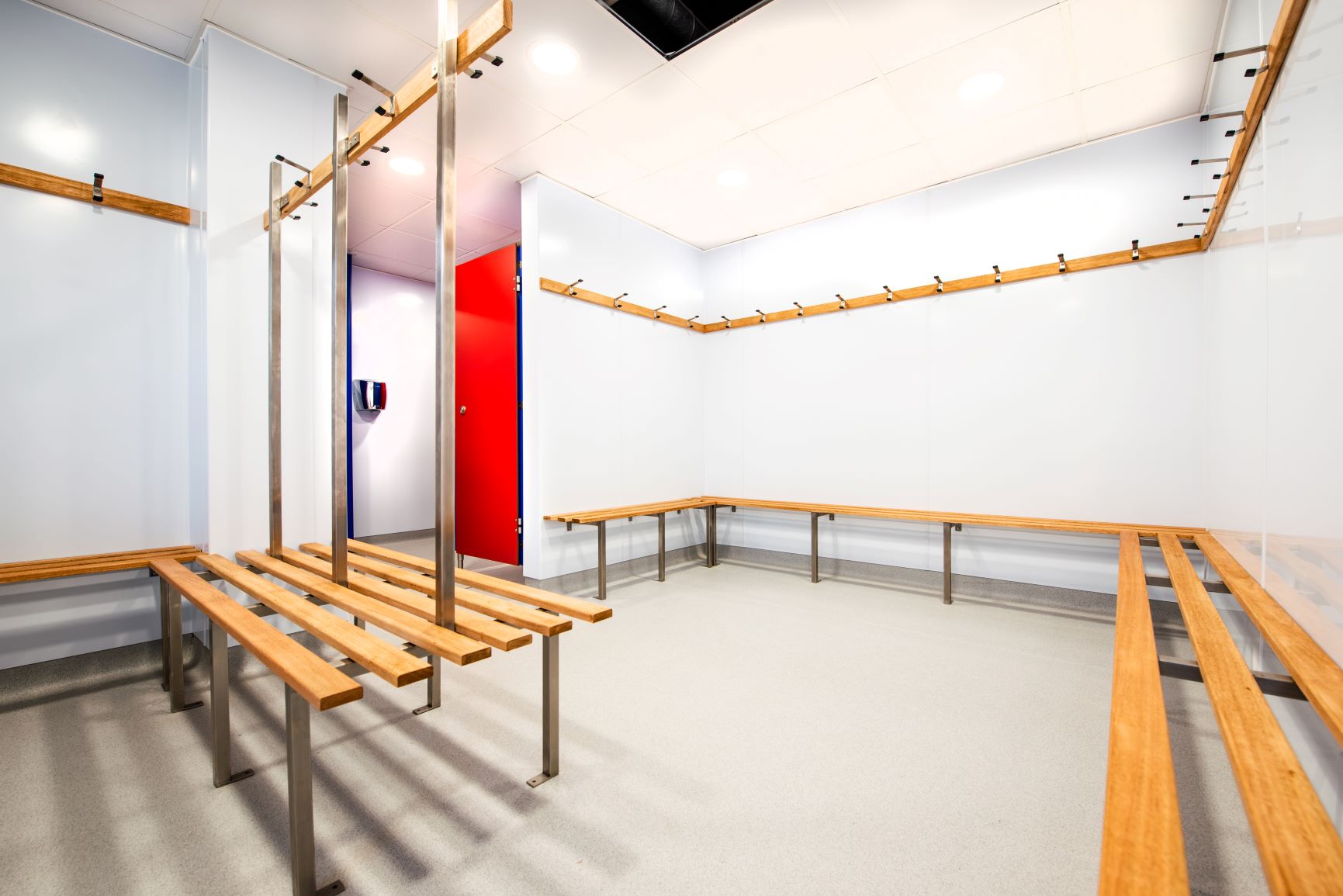Wudu Washing at Work
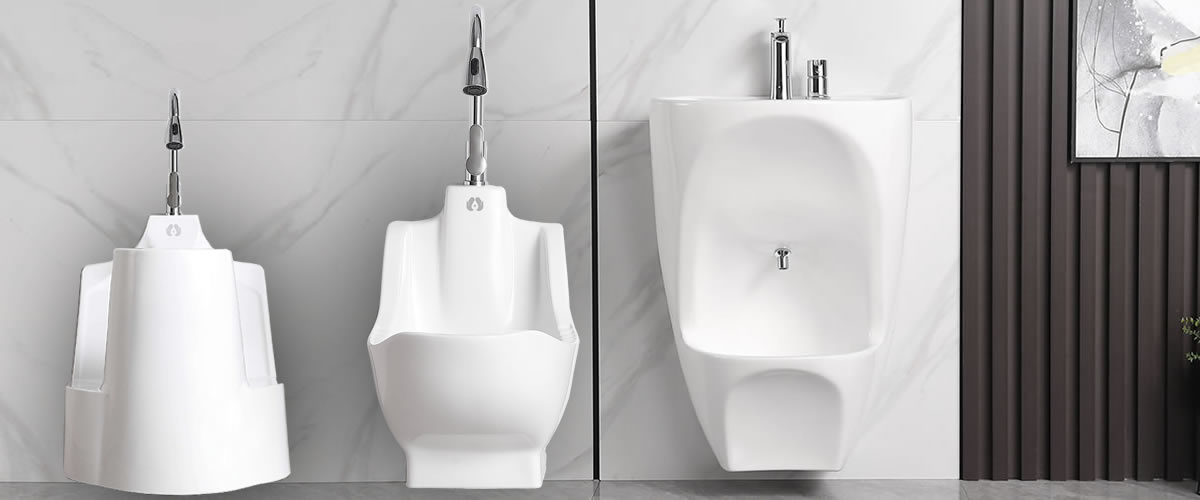
How do I Wudu Wash at Work?
A complete Wudu Ablution requires that you wash your hands, face, head, arms, and feet before Prayer, but this can be difficult in a Work Sink.
A better solution is a Wudu Wash Station that can be installed in Offices, Hotels, Mosques, Schools, Airports, Apartments and other environments.


We offer durable Acrylic and Ceramic Wudu Washing Stations. Some units have an in-built seat, while others come more like a standard wash basin but with an opening at ankle height where the feet can be washed separately. This style of unit has a smaller footprint and is often used in areas where space is at a premium.
What is Wudu Washing?
Wudu, sometimes written as wudhu or referred to as ablution, is a purification or methodical washing done before prayer and rituals in the Islamic faith. The practice of wudu is very precise and requires a person to wash the hands, face, head, arms and feet before prayer, which is five times a day: Fajr (dawn), Dhuhr (afternoon), Asr (late afternoon), Maghrib (after sunset), and Isha (nighttime)
Do you have to wash your hair for Wudu?
When performing wudu, your hair is wiped rather than washed. With wet hands, you wipe from the forehead to the back of the skull and, sometimes, back again to the forehead. Wudu begins with washing the hands. Next, the mouth and nose are rinsed. You then wash your face before washing your hands and arms up to and including the elbow. At this point, you will wipe your head with wet hands and wash your ears with any remaining water that is left. The final part of wudu is to wash your feet.
Do you have to wash your feet for Wudu?
Yes, as covered above, when performing wudu or ablution, you will wash your feet, paying attention to make sure the water gets in between all the toes, too. The feet are washed after the face and arms and rubbed and cleaned up to the ankle.
Can menstruating women wudu wash?
During a woman’s period, Muslim women won’t usually attend prayer and don’t need to perform wudu. However, that is not to say that commercial washrooms in religious settings do not require sanitary waste disposal. People practice their faiths in varying ways, so it’s always good to liaise with site managers to understand the specific needs of the users.
What is a wudu washing station?
A wudu washing station is designed to make ablution seamless and easy. The units usually have a tall tap for washing hands and moving fresh water up to the face and arms. Meanwhile, the wudu washing stations also have a dedicated area for washing the feet. Some units have a reservoir at the bottom that drains.
This makes them much easier and safer to use, as water is less likely to splash on the floor, which can cause a slip hazard. These units can be fitted in a number of different environments, from inside the washroom to outside a prayer room or even in a dedicated ablution wash space.
MORE TO EXPLORE IN Related Posts
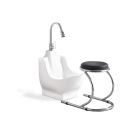
Pure Ceramic Wudu Washing and Ablution Station With Stool
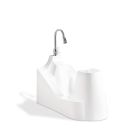
Medina White Acrylic Wudu Ablution Station with Fixed Seat
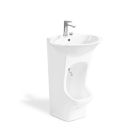
Bliss Wudu Ablution Wall and Floor Mounted Basin
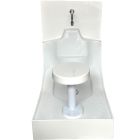
Sabil Wudu Ablution Modular Acrylic Station

